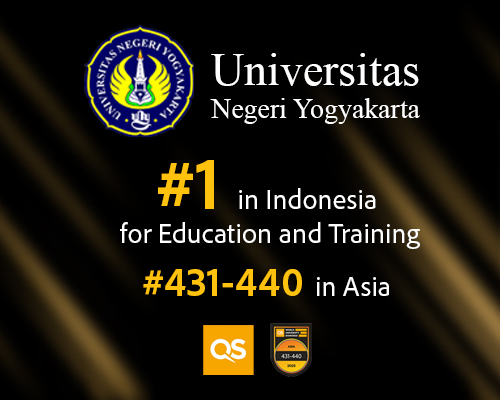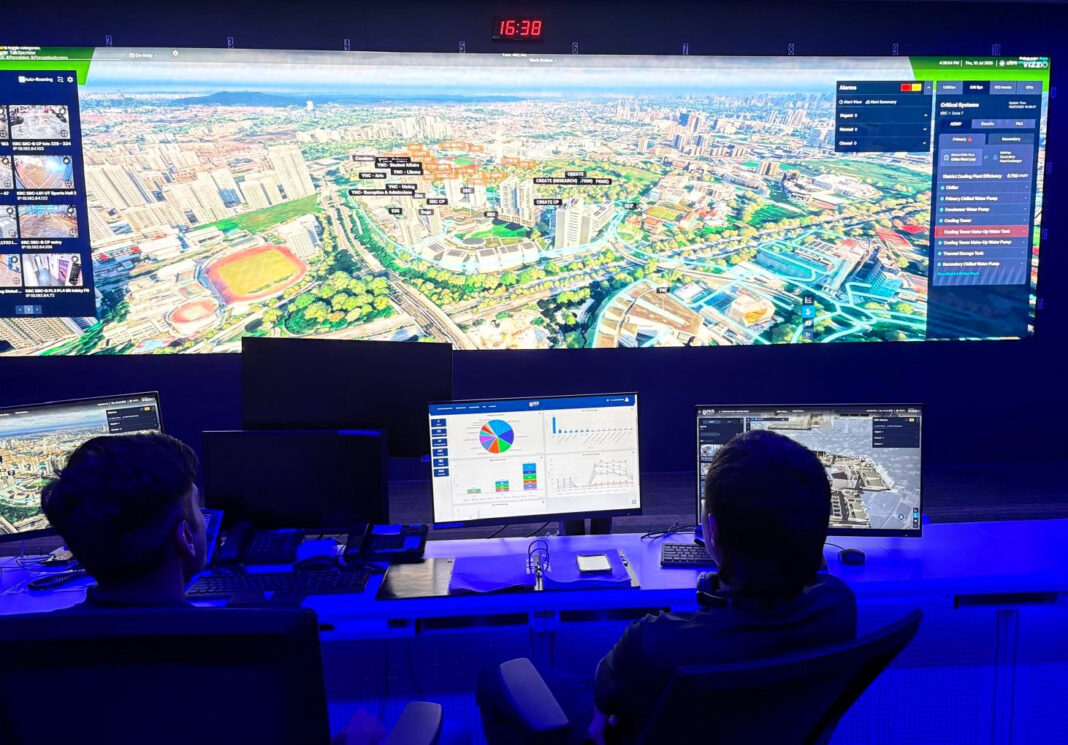Singapore’s higher education landscape has just witnessed a groundbreaking transformation. The National University of Singapore (NUS) has unveiled the country’s first university-based Integrated Operations Centre (IOC), setting a new standard for smart campus management. This state-of-the-art facility consolidates real-time monitoring across security, emergency services, and building management systems, revolutionizing how universities can oversee their complex operations.
Smart Campus Innovation: NUS Launches Singapore’s First University-Based Integrated Operations Centre
In a milestone for campus operations and digital transformation, NUS has launched this pioneering facility that is redefining how campus services are managed. Fully operational since January 2025 and strategically located at Prince George’s Park, the IOC consolidates real-time data from multiple critical systems onto a single, integrated digital platform. With this capability, NUS now has unprecedented oversight of its operations across its sprawling, multi-site campus, which serves a community of over 64,000 students, faculty and staff.
“The IOC is more than just a control room, it is a strategic enabler that helps us manage the complexity of campus operations with greater precision and foresight,” said Mr Koh Yan Leng, NUS Vice President (Campus Infrastructure).
Consolidating Complex Operations Under One Digital Umbrella
Conceptualised in 2022 as part of NUS’ Smart Campus Envisioning, the IOC was designed to address longstanding operational challenges. These included fragmented legacy systems, manual incident reporting, and reactive maintenance practices that often created inefficiencies. The project was initially piloted at NUS University Town in May 2024 before becoming fully operational early this year.
Today, the IOC provides centralised oversight across six key domains: security, emergency response, facilities, transport, housing, and sustainability. At the heart of this system lies a cutting-edge digital twin of the NUS campus—an interactive 3D model layered with live feeds from CCTV cameras, IoT sensors, and building maintenance systems. This allows operators to visualise the entire campus environment, conduct virtual patrols and respond to incidents in real time.
Furthermore, a dynamic, integrated dashboard consolidates alerts from multiple systems, enabling operators to detect anomalies, coordinate responses and streamline workflows. This approach significantly reduces downtime while enhancing service delivery across all campus operations.
Lightning-Fast Response Times Transform Daily Operations
The IOC’s impact on operational efficiency has been remarkable. Mr Leonard Li, Head of IOC, explains the system’s capabilities: “We can detect incidents ranging from an isolated fire alarm to a chiller plant fault within 20 seconds and automatically trigger a work order via the NUS iReport system. That speed is a game changer.”
The benefits extend far beyond the control room. Students and staff now enjoy faster fixes for faulty facilities and more reliable Internal Shuttle Bus services. Meanwhile, operations teams report smoother coordination, reduced downtime, and clearer performance metrics. Campus safety has been enhanced through AI-powered surveillance tools, including facial and licence plate recognition technology—all achieved without requiring expanded manpower.
The measurable improvements speak volumes about the IOC’s effectiveness:
- Fault response times improved by 45% for urgent cases
- Non-urgent response times enhanced by 57%
- Emergency dispatch times reduced by up to 50%
- Operator productivity increased by 40%
Sustainability Meets Smart Technology
Beyond operational efficiency, the IOC is pioneering sustainable campus management. Real-time alerts now trigger when utility consumption exceeds baseline thresholds by 40%, allowing for immediate corrective action. Over time, these alerts will integrate with automated responses built into standard operating procedures for sustainable campus management, further improving resource efficiency.
“We’ve observed that most IOCs stop at security or facility management,” noted Mr Li. “What sets the NUS IOC apart is the vision to support evolving campus services in mobility, space optimisation, and even hospitality.”
Looking Ahead: Expansion and Advanced Analytics
With University Town now fully integrated, Phase 2 development will expand IOC capabilities to the NUS Kent Ridge and Bukit Timah Campuses. Planned enhancements include real-time mobility dashboards to optimise shuttle operations, sustainability reporting aligned with environmental targets, and smart city technologies such as Wi-Fi-based crowd sensing.
Additionally, the implementation of large vision model (LVM) AI analytics promises deeper operational insights. According to industry research on AI transformation in campus management, these advanced analytics capabilities represent the future of educational facility optimization.
Mr Lim Yeow Khee, Section Head of Integrated Operations, emphasised the long-term vision: “The IOC is built on scalable, secure infrastructure that supports continuous improvement. By integrating disparate systems and adding layers of automation, we’ve laid the groundwork for long-term innovation in campus infrastructure.”
Setting a New Standard for Educational Excellence
As Mr Koh summarised, “The scale of operations needed to support a university of this size is often invisible. The IOC shines a light on these efforts while giving us the tools to do them better.” This pioneering approach demonstrates how digital transformation can align seamlessly with operational excellence, creating a model that other universities worldwide may soon follow.
The NUS Integrated Operations Centre represents more than technological advancement—it embodies a vision of smarter, safer, and more sustainable campus operations. As educational institutions globally face increasing complexity in managing their facilities and services, NUS has established a blueprint for the future of university campus management.





